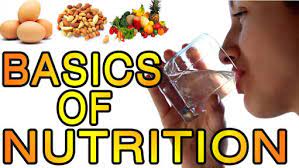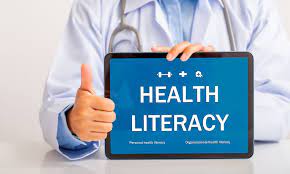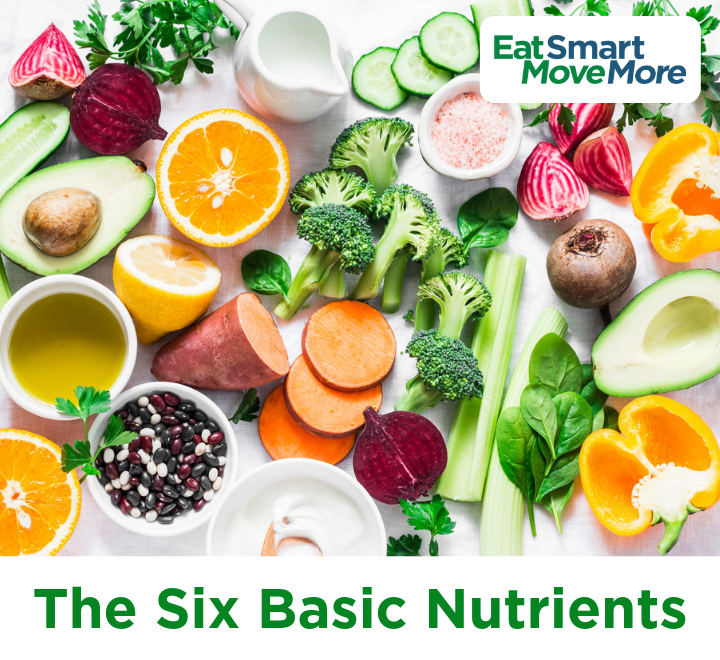In an era where food choices are abundant and dietary preferences vary widely, understanding the nutritional value of what we consume is a crucial aspect of maintaining a healthy lifestyle. From promoting overall well-being to aiding in weight management and disease prevention, the benefits of knowing the nutritional content of our food are profound and far-reaching. In this article, we delve into the importance of nutritional knowledge and explore its myriad advantages.
Table of Contents
Understanding Nutritional Basics:
Before delving into the benefits, it’s essential to understand what constitutes nutritional value. Nutritional value refers to the components of food that provide nourishment to the body. These components include macronutrients (such as carbohydrates, proteins, and fats), micronutrients (vitamins and minerals), fiber, and water content. Each plays a unique role in supporting various bodily functions, ranging from energy production to immune system support.
Promoting overall health and well-being:

One of the primary benefits of knowing the nutritional value of your food is its role in promoting overall health and well-being. By making informed food choices, individuals can ensure that their bodies receive the essential nutrients needed for optimal function. Consuming a balanced diet rich in nutrients helps maintain healthy body weight, supports immune function, and reduces the risk of chronic diseases such as heart disease, diabetes, and certain cancers.
Unveiling the Power of Nutritional Knowledge: The Benefits of Understanding Food’s Nutritional Value
Weight Management and Healthy Eating:
Understanding the nutritional content of food is crucial for those striving to manage their weight or adopt healthier eating habits. By knowing the calorie, fat, and sugar content of different foods, individuals can make more mindful choices that align with their dietary goals. For instance, opting for nutrient-dense, low-calorie foods such as fruits, vegetables, and lean proteins can aid in weight loss or weight maintenance without sacrificing essential nutrients.
Enhancing Nutritional Literacy:

Nutritional knowledge empowers individuals to become more literate about their dietary choices. This literacy extends beyond simply reading nutrition labels; it encompasses understanding the impact of food choices on overall health and well-being. With greater nutritional literacy, individuals can decipher misleading food marketing claims, identify nutrient-rich foods, and make informed decisions about their diets, ultimately leading to better health outcomes.
Disease Prevention and Management:
The role of nutrition in preventing and managing various diseases cannot be overstated. Certain nutrients, such as antioxidants found in fruits and vegetables, play a crucial role in reducing inflammation and oxidative stress, thereby lowering the risk of chronic diseases like cardiovascular disease and cancer. Moreover, understanding the nutritional composition of food can be particularly beneficial for individuals managing conditions such as diabetes, where monitoring carbohydrate intake is essential for blood sugar control.
Supporting mental health:

Nutrition doesn’t just impact physical health; it also plays a significant role in mental well-being. Research has shown that certain nutrients, such as omega-3 fatty acids found in fish, and folate found in leafy greens, may have mood-stabilizing effects and contribute to mental clarity and cognitive function. By consuming a diet rich in these nutrients, individuals can support their mental health and reduce the risk of conditions like depression and anxiety.
Empowering Food Choices:
Knowledge is power, and when it comes to food choices, nutritional knowledge empowers individuals to take control of their health. Armed with information about the nutritional content of various foods, individuals can tailor their diets to meet their specific needs and preferences, whether they’re following a particular dietary regimen, managing a food allergy, or seeking to optimize athletic performance. This empowerment fosters a sense of autonomy and self-efficacy in managing one’s health.
Educating Future Generations:

By prioritizing nutritional education and instilling the importance of understanding food’s nutritional value from a young age, we can equip future generations with the tools they need to make healthier choices and lead fulfilling lives. Teaching children about the nutritional content of food not only sets them up for a lifetime of good health but also cultivates a deeper appreciation for the connection between diet and well-being.
Unveiling the Power of Nutritional Knowledge: The Benefits of Understanding Food’s Nutritional Value
Conclusion:
In conclusion, the benefits of knowing the nutritional value of our food are vast and multifaceted. From promoting overall health and well-being to supporting weight management, disease prevention, and mental health, nutritional knowledge is a cornerstone of a healthy lifestyle. By empowering individuals to make informed food choices, we can pave the way for a healthier, happier society—one plate at a time. So, let’s embrace the power of nutritional knowledge and nourish our bodies and minds for a brighter, healthier future.

